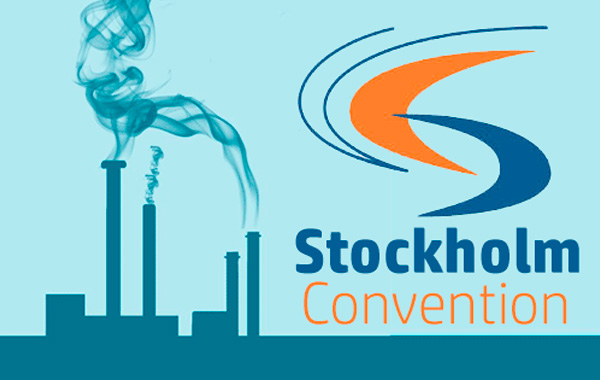Uzbekistan ratifies the Stockholm Convention

From today, September 26, provisions of the Stockholm Convention on Persistent Organic Pollutants have become mandatory for Uzbekistan. The document was adopted on May 22, 2001 in the Swedish capital - Stockholm.
According to the Ministry of Foreign Affairs, to date, the number of countries that have acceded to the Convention has reached 183.
Main objective of the Convention is to ban the production and use (with the exception of some items) of twelve chemicals on the list of POPs, to limit the use of dichlorodiphenyltrichloroethane (DDT) for malaria control, and to develop programs to curb the unintentional formation of dioxins and furans.
In accordance with the provisions of the document, participants undertake to monitor the production of persistent organic pollutants (POPs), their import and export, their disposal, as well as assist in the use of advanced methods and technologies to replace existing POPs.
Participation of Uzbekistan in the Stockholm Convention on Persistent Organic Pollutants will improve the ecology and prevent possible harmful effects on the population, environment and wildlife.
Recommended
List of streets and intersections being repaired in Tashkent published
SOCIETY | 19:12 / 16.05.2024
Uzbekistan's flag flies high on Oceania's tallest volcano
SOCIETY | 17:54 / 15.05.2024
New tariffs to be introduced in Tashkent public transport
SOCIETY | 14:55 / 05.05.2023
Onix and Tracker cars withdrawn from sale
BUSINESS | 10:20 / 05.05.2023
Latest news
-
Uzbekistan's consulate in Istanbul warns citizens of fake job offers in Türkiye
SOCIETY | 18:33 / 12.04.2025
-
MIA clarifies rules on delayed traffic fine notifications
SOCIETY | 13:03 / 12.04.2025
-
“Helping neighbors is a moral duty” – Tokayev vows support for neighbors and balanced foreign policy
SOCIETY | 11:53 / 12.04.2025
-
MP Alisher Kadirov proposes stricter laws against online defamation and manipulation
SOCIETY | 11:38 / 12.04.2025




